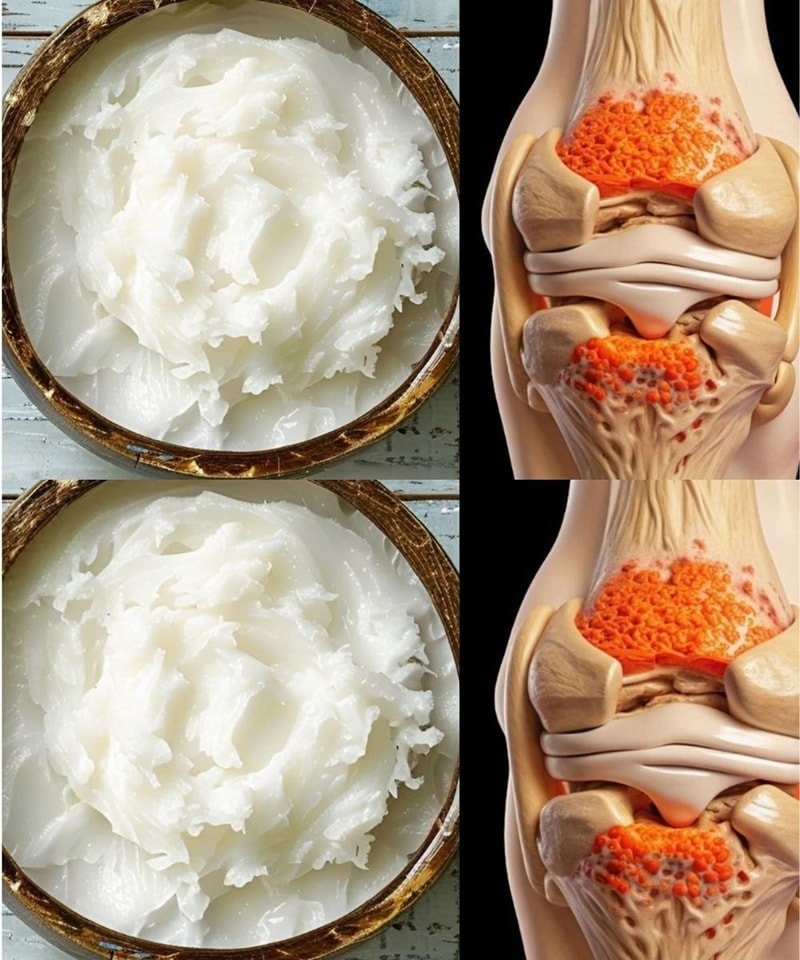
6. Berries (Blueberries, Strawberries, Raspberries)
- Why: High in antioxidants that combat inflammation and protect cartilage from oxidative stress.
- How to Use: Enjoy as a snack or add to smoothies and cereals.
7. Avocado
- Why: Contains healthy fats and vitamin E, which help reduce inflammation and promote cartilage health.
- How to Use: Add to salads, toast, or smoothies.
8. Garlic and Onions
- Why: Contain sulfur compounds that support cartilage repair and reduce joint pain.
- How to Use: Incorporate into daily cooking for flavor and health benefits.
9. Whole Grains (Quinoa, Brown Rice, Oats)
- Why: Provide complex carbohydrates that fuel joint repair and reduce inflammation.
- How to Use: Swap refined grains for whole grains in meals.
10. Legumes (Lentils, Chickpeas, Black Beans)
- Why: High in protein and amino acids necessary for collagen and cartilage repair.
- How to Use: Add to soups, salads, or stews.
-
Bonus Tips for Joint Health
- Stay Hydrated: Water is essential for keeping cartilage hydrated and pliable.
- Avoid Processed Foods: Limit sugar and refined carbs, which can exacerbate inflammation.
- Incorporate Turmeric: Add turmeric to your diet for its anti-inflammatory curcumin content.
Sample Daily Meal Plan for Cartilage Health
- Breakfast: Smoothie with spinach, berries, chia seeds, and almond milk.
- Lunch: Quinoa salad with kale, avocado, and grilled salmon.
- Snack: A handful of walnuts or an orange.
- Dinner: Bone broth soup with lentils, garlic, and broccoli.
Conclusion:
Incorporating these nutrient-rich foods into your diet can help rebuild knee cartilage, reduce joint pain, and improve mobility. However, while these foods support joint health, it’s essential to remember that they should be part of a comprehensive approach that includes regular exercise and joint-friendly habits. If you’re experiencing chronic joint pain or significant cartilage damage, it’s best to consult a healthcare provider for personalized treatment options.

